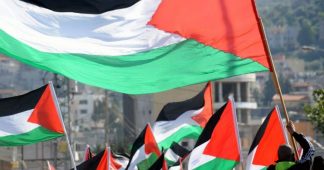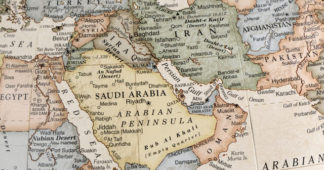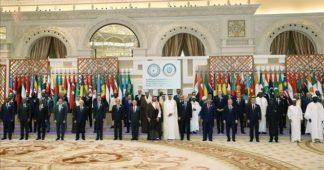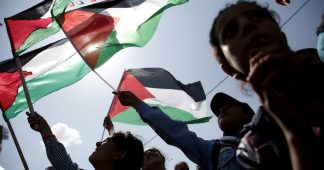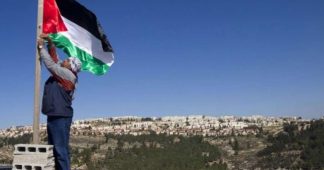by Marwan Emil Toubassi (*)
Feb. 13, 2025
The Palestinian cause is facing a critical moment, with escalating Israeli aggression and renewed American and Israeli military threats that could lead to more violence in Gaza and across the region. As Trump’s deadline approaches for Palestinian resistance to hand over Israeli prisoners, Netanyahu has intensified threats of military operations in Gaza. This coincides with the potential revival of a forced displacement plan for Palestinians, aligned with the “New Middle East” initiative aimed at neutralizing the Palestinian cause.
Arab nations, including Saudi Arabia, Jordan, and Egypt, are under immense pressure from the U.S. and Israel. Despite their delicate relations with Washington, these countries are trying to maintain their commitment to Palestinian rights. The recent visit of King Abdullah II of Jordan to Washington emphasized the ongoing tension and highlighted Jordan’s firm stance on supporting Palestinian rights, while seeking a pathway to engage the U.S. administration about Israeli policies threatening Jerusalem, the West Bank, and Gaza.
Saudi Arabia has adopted a cautious diplomatic stance, trying to balance its relations with the U.S. while maintaining support for Palestine. Any shift in its position could have significant implications for its regional security interests. At the same time, Egypt faces a similar dilemma, as the threat of forced displacement into Sinai would severely undermine its national security. The Egyptian government has been navigating a fine line, balancing American pressure with its role as a key player in Gaza’s future.
Meanwhile, the U.S. and Israel continue to push for solutions that favor Israeli interests, ignoring Palestinian sovereignty. Trump’s threats of escalating military actions in Gaza, combined with Netanyahu’s reluctance to move forward on prisoner exchanges, represent a dangerous step towards further destabilization in the region. These actions not only target Palestinians but also undermine the political sovereignty of surrounding Arab countries.
Gaza remains the focal point of this confrontation, with the threat of forced displacement looming. Israeli settlement expansion in the West Bank and the destruction of Palestinian villages only exacerbate the situation, drawing a direct connection between these aggressive policies and the broader regional implications. Palestinians have shown incredible resilience in the face of these challenges, but the pressure continues to mount.
For Palestine, the path forward must involve a unified political response that resists all forms of external pressure and continues to defend their rights to self-determination. The unity of the Palestinian people and their resistance to these ongoing schemes remain the strongest defense against the dismantling of their rights and land.
In conclusion, the Palestinian struggle continues to face unprecedented challenges, but the resolve to defend their land and sovereignty remains strong. The next steps must ensure that Palestinian rights are upheld against external manipulation, and the broader Arab world must show solidarity to preserve the cause of Palestine.
(*) Former Ambassador of Palestine to Greece
We remind our readers that publication of articles on our site does not mean that we agree with what is written. Our policy is to publish anything which we consider of interest, so as to assist our readers in forming their opinions. Sometimes we even publish articles with which we totally disagree, since we believe it is important for our readers to be informed on as wide a spectrum of views as possible.
